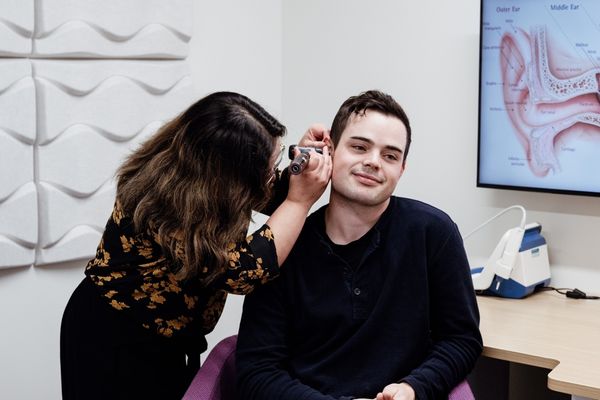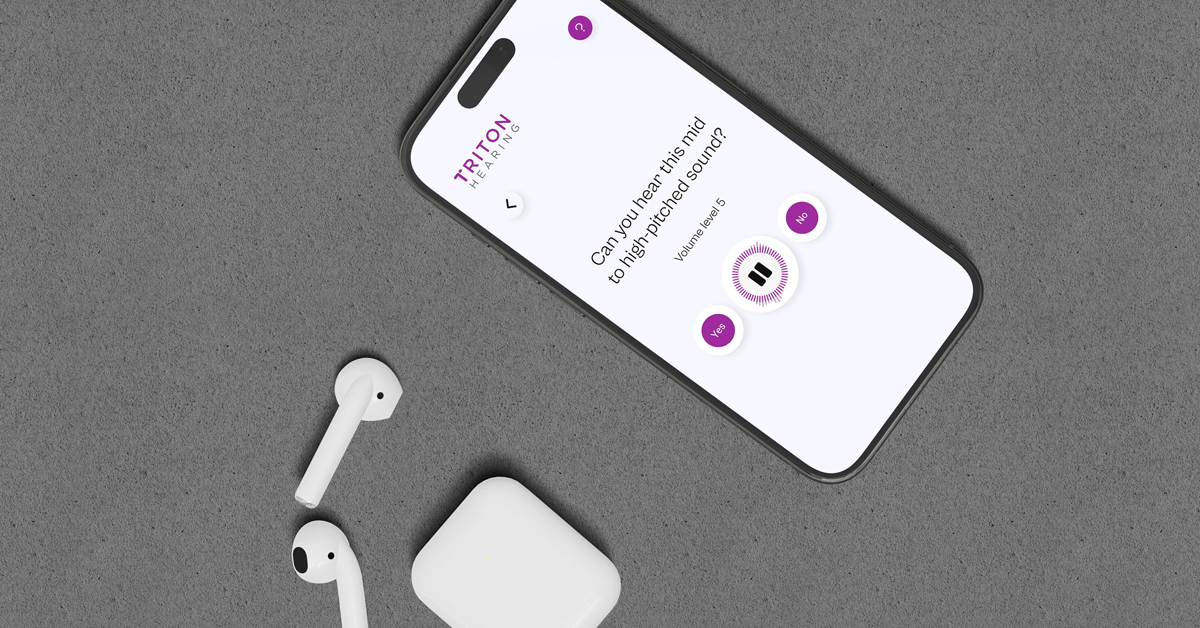Understand Hearing Loss
Learn about the causes, signs, and types of hearing loss — and how early action can make a big difference to your health.
The impact of hearing loss
One in six Kiwis experience hearing loss, and a report from the World Health Organisation predicts this number could rise to one in four by 2050. Hearing loss can make it harder to communicate, connect, and fully engage with the world around you. Over time, struggling to hear can lead to feelings of frustration, disconnection, and isolation. Left unaddressed, this isolation may also increase the risk of loneliness and contribute to cognitive decline. The good news is that early support and the right solutions can make a real difference, reconnecting you with the sounds you love.

Hearing well isn’t just about your ears — it’s about staying connected, sharp, and active in everyday life. From maintaining strong social relationships to supporting brain health and physical confidence, hearing plays a vital role in your overall well-being. Whether you're new to hearing aids or considering a check-up, taking action can lead to big benefits in your personal, mental, and physical health.
Explore how better hearing can help you live well in every sense of the word.
Key signs of hearing loss
If you often ask people to repeat themselves or find it hard to follow conversations - especially in noisy places like restaurants or family gatherings - it could be a sign of hearing loss. You might notice that others seem to mumble or that speech sounds less clear than it used to. Turning up the volume on the TV, radio, or phone more than before is another common clue. Some people also experience a persistent ringing, buzzing, or humming in their ears, known as tinnitus. Hearing changes can happen gradually, making them easy to miss at first. If any of these signs sound familiar, booking a professional hearing check is a simple first step toward staying connected and protecting your hearing for the future.
Types and causes of hearing loss
Hearing loss can vary in form and severity, but it generally falls into two main categories: sensorineural and conductive. Sensorineural hearing loss occurs when there’s damage to the inner ear or the nerve pathways that carry sound to the brain. It’s often linked to ageing, long-term exposure to loud noise, or genetics. Conductive hearing loss, on the other hand, happens when sounds can't move freely through the outer or middle ear - often due to ear infections, fluid buildup, or blockages like earwax. Both types affect how sound is heard and understood, and can have different impacts on daily life.
Sudden hearing loss, known medically as Sudden Sensorineural Hearing Loss (SSHL), can occur almost instantly or over a few days. It typically affects just one ear and can be caused by factors like head trauma, viral infections, autoimmune conditions, exposure to certain medications, or restricted blood flow to the inner ear. If you experience sudden hearing loss, it’s important to seek medical attention straight away - early treatment can sometimes restore hearing.
Hearing loss and cognitive health
Better hearing doesn’t just help you stay connected - it also supports better thinking and overall well-being. Many people underestimate the wider impact of hearing loss, but research continues to show a strong link between untreated hearing loss and cognitive decline. Struggling to hear can place extra strain on the brain, making it harder to focus, remember, and stay mentally sharp over time. Taking steps to protect and support your hearing is an important part of looking after your long-term cognitive health.
Hearing aids do more than improve your ability to hear - they can also help protect your brain health. By giving the brain better access to sounds and speech, hearing aids support the brain’s ability to process information and stay engaged. Research shows that wearing hearing aids can slow down the loss of thinking and memory skills in older adults at increased risk of cognitive decline. It also has a positive effect on staying socially active and connected.








